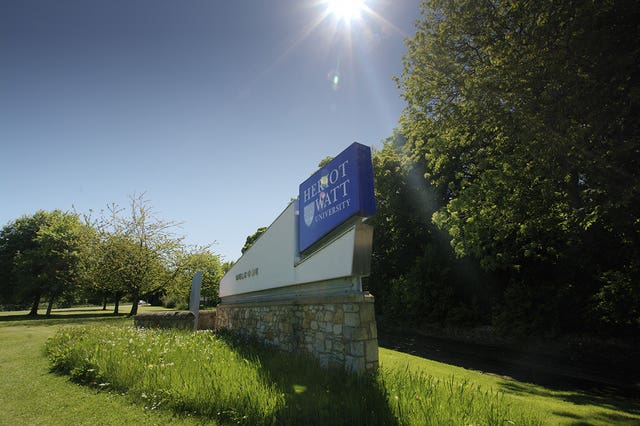
Tom Swarbrick 4pm - 6pm
11 December 2020, 00:04

The new radar method can accurately measure an individual’s heart and respiratory rates.
Scientists have developed a new technique that monitors a patient’s vital signs completely touch-free by using radar technology.
By using a continuous wave radar-based system to sense tiny chest movements, the new method can accurately measure an individual’s heart and respiratory rates without the need for wires, probes, wearable technology or other skin attachments.
It could also identify early signs of heart disease such as arrhythmia while highlighting deterioration in those living with dementia.

Heriot-Watt University in Edinburgh, where the new technique has been developed, said it will benefit people of all ages as well as those with Covid-19 where the risk of cross-infection is high.
Dr Dimitris Anagnostou, associate professor and project lead, said: “Continuous monitoring of an individual’s vital signs can be necessary for several reasons.
“In hospital, it helps clinicians to determine which patients need urgent help, if someone is improving and can provide early warning signs of a more significant problem allowing quicker intervention.
“For infants and young children, extended use of electrodes and probes can cause skin damage as well as additional distress.
“Burn patients and those with compromised skin conditions are more challenging to monitor for long periods with wired devices.”
He added: “Our technology allows a patient full mobility while being monitored 24/7.
“Capable of working unmanned, the signal can also penetrate walls and protects privacy.
“Our approach has wide-reaching applications for the treatment of Covid-19 and can allow the progression of the virus to be monitored long-term without increasing the risk of infection.”
The team has designed a proof-of-concept prototype that can be built into a hospital headboard or mounted on the ceiling.
It could also be used in places such as prisons, care homes and sheltered housing.
The method works by detecting tiny physiological movements in the body of around 1mm even when an individual is asleep.
Dr Anagnostou said: “While our technology is not designed to be a diagnostic tool, we are confident it can support those with assisted living needs to remain at home for longer with greater confidence that they have unintrusive, real-time, continuous health monitoring.”
The team will now take the project a step further by using wifi signals to extract location and position tracking data.
It will trial technology that shows when a person has fallen or if their daily movements have significantly changed, which could highlight the progression of several degenerative diseases.
The research is funded by Marie Curie Reintegration Fellowship through EU Horizon2020 and has also involved partnerships with the University of Edinburgh, University of Crete, Greece, The Frederick Research Centre, Cyprus, and the Digital Health and Care Innovation Centre, Glasgow.
Additional funding is now being sought to accelerate the technology into clinical settings.